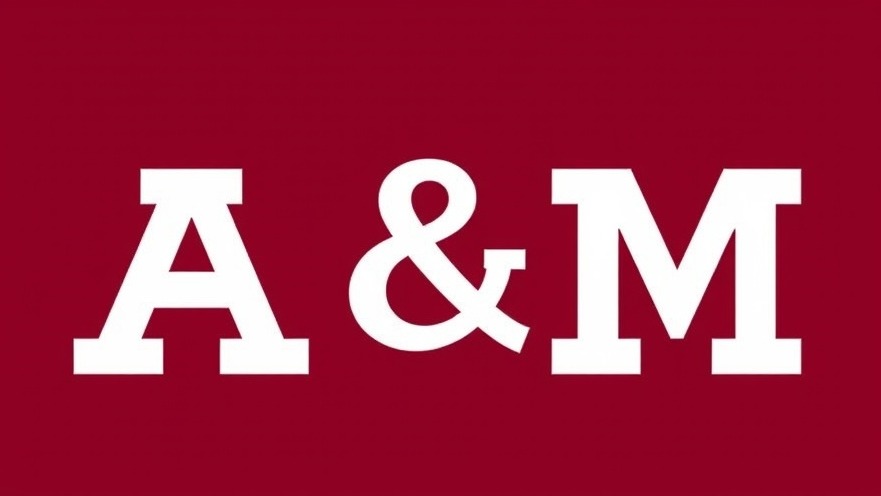
Texas A&M and New Collaborative Agency: A Shift in Higher Education
The Texas A&M University System has announced a significant change in the landscape of higher education accreditation. Joining forces with university systems from other Republican-led states, Texas A&M will create a new agency that aims to set quality standards for higher education institutions. This move comes amid a backdrop of criticism directed at existing accrediting agencies by Republican leaders, who argue these bodies propagate a liberal bias in universities across the nation.
The new agency, dubbed the Commission for Public Higher Education, will include participants from the university systems of Florida, Georgia, Tennessee, North Carolina, and South Carolina. This initiative seeks to forge a more streamlined and objective accreditation process, addressing growing concerns about the current systems that are perceived to be overly bureaucratic.
The Implications of the New Accrediting Agency
Accreditation plays a crucial role in ensuring that schools meet educational standards and enables institutions to access federal financial aid. The Texas A&M University System acknowledges that the current accrediting process, managed primarily by the Southern Association of Colleges and Schools Commission on Colleges, can pose challenges, particularly around transparency and perceived bias.
Jim Suydam, the director of media relations at Texas A&M, emphasized that although Texas A&M is not immediately exiting SACSCOC, the new agency presents an alternative that aligned better with their current objectives. This approach aims to provide a more reasonable pathway toward accreditation, reflecting a shift in how higher education institutions will be assessed and potentially affecting the quality of education.
Political Context: Accreditors Under Fire
This development is significantly influenced by a broader political discourse surrounding higher education in the U.S. Notably, former President Donald Trump has been vocal in his critique of universities, accusing them of promoting liberal ideologies that he believes detract from educational integrity. In response, he initiated efforts to reform the accreditation process at the federal level to discourage practices perceived as promoting these ideologies.
Moreover, recent reports have highlighted that educational programs focusing on diversity, equity, and inclusion have been among the targets of Republican criticism, which claims they contribute to a left-leaning education environment. This scrutiny has led to calls for a more conservative approach to accreditation that aligns with the values of certain states.
What This Means for Higher Education in Texas
The establishment of the Commission for Public Higher Education reflects a strategic effort by Republican-led states to reclaim control over educational standards. As Texas navigates these waters, stakeholders must consider the potential impact on students' educational experiences and outcomes. The future of this new agency hinges not only on its ability to gain federal recognition but also on how effectively it can balance quality assurance with the political undercurrents that demand a shift in focus.
This could lead to a rethinking of educational priorities, where institutions may feel pressured to navigate political expectations alongside traditional academic benchmarks. What remains to be seen is how other states will respond and whether this approach will gain traction nationally.
The Road Ahead: A Two-Year Path
As Texas and other participating states embark on recognizing this new accrediting agency, they face a long road ahead. The process of gaining recognition from federal and state agencies is expected to take around two years. During this period, institutions will need to reassess their educational strategies to align with the new standards to ensure continued funding and accreditation.
Educators, students, and parents alike must stay informed on how these changes progress, as they will shape the future educational landscape in Texas and potentially influence national trends. As discussions continue over the role of education in society, acknowledging differing perspectives is crucial to foster a balanced dialogue about the future of higher education in the U.S.
 Add Element
Add Element  Add Row
Add Row 



Write A Comment